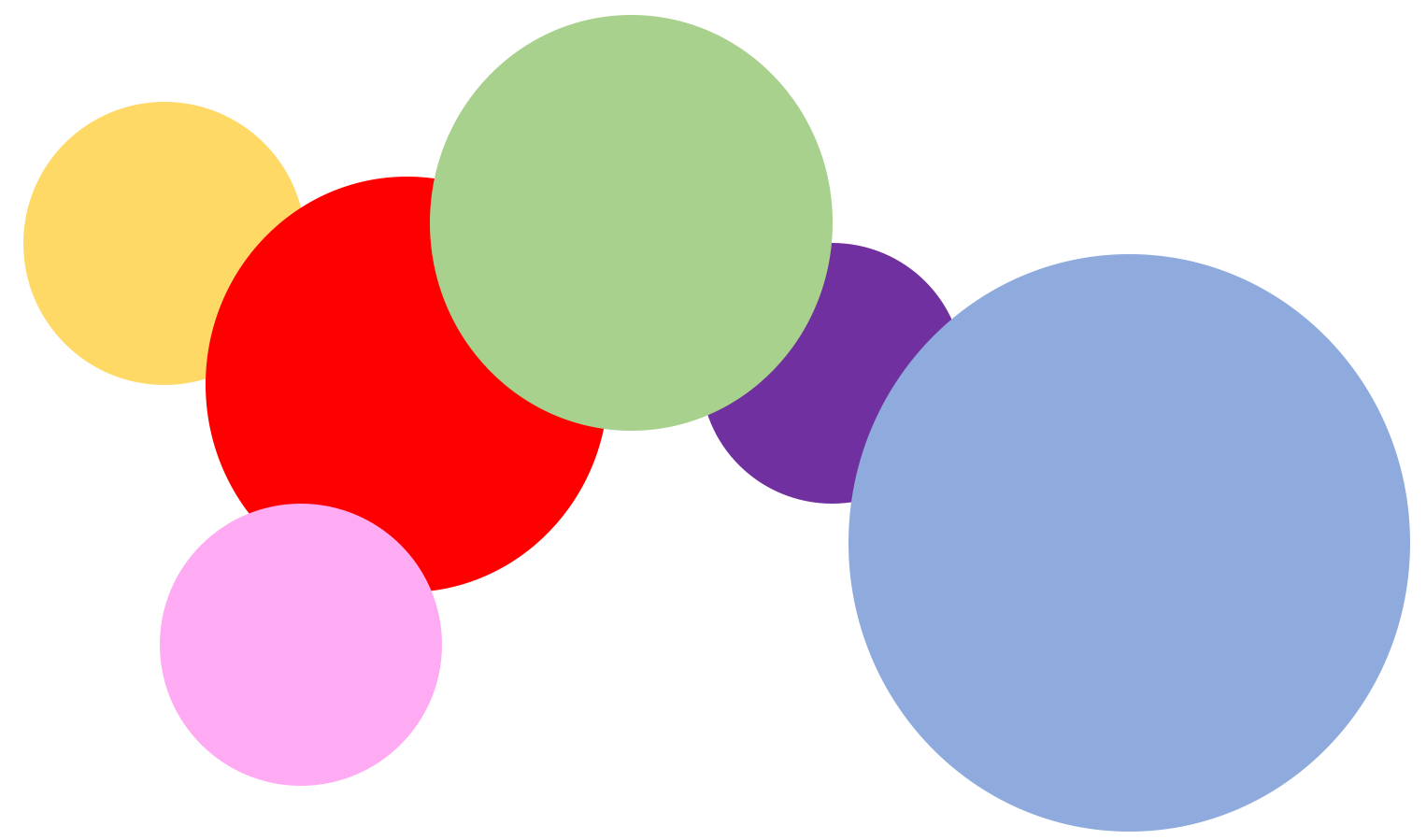Words
Objective
To explore the meaning of simple, everyday words and how they relate to your experience of the world.
Activity 1
There are many kinds of words.
Do you know the words for what you see in the picture? Talk to a partner and write down as many words as you can.

Activity 2
Can you describe what you do in the morning before you go to school? Here is a list of what you might do, but the order in which you do things has been mixed up:
a) have breakfast.
b) get dressed.
c) put on my shoes.
d) get up.
e) clean my teeth.
f) have a shower
In the next activity, try agreeing on the order with the whole class.
Activity 3
Here are pictures of some colours which things can have:

Write the name of all the colours you can see.
Activity 4
You have now used words to describe what things look like, to tell us what you do in the morning and to give a name to some objects. We have special names for different types of words:
- Words which tell us what something looks like, how it is, are called adjectives.
- Words which refer to actions, to what is being done are called verbs
- Words which provide a name for a thing or object, for a person or an animal are called nouns.
Match each of the words from the previous activity to the other word class it belongs to.
Add three extra examples to each category.
Write a paragraph about getting ready for school in the morning.
- Use nouns, adjectives and verbs from the previous activities.
- Write at least six sentences.
This lesson is adapted (with permission) from Words and Meanings: A Systematic Guide for the Teaching of English Vocabulary, by Gabriele Stein.
